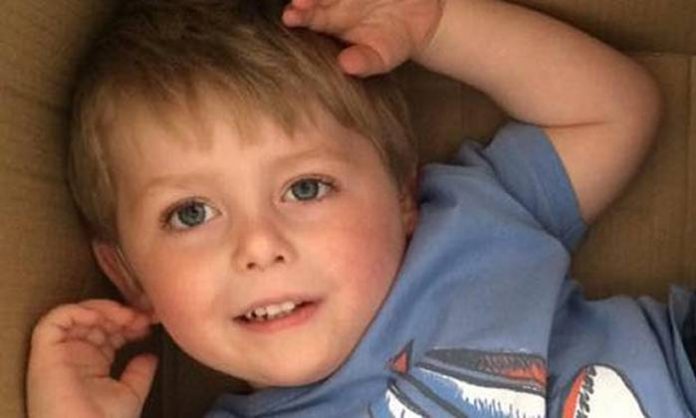In what may bring hope to parents all over the world, a University of Nottingham study will evaluate the potential of cannabidiol (CBD) in treating children with brain tumours.
Leading the research project will be Professor Richard Grundy from the University’s Children’s Brain Tumour Research Centre.
“Increasingly families are using CBD, often at great expense, presently there is no evidence that it might be of benefit or even what dose to use or how often,” said Professor Grundy. “It is therefore very important to obtain objective scientific evidence of whether CBD is active against Children’s Brain tumour cell lines.”
Cannabidiol is a non-intoxicating cannabinoid that can be extracted from industrial hemp and other cannabis plants. Thought by some to be a miracle compound, it has been used in treating a wide variety of conditions, including some forms of epilepsy, Post- Traumatic Stress Disorder (PTSD), Multiple Sclerosis and anxiety disorders.
The research is being assisted with £45,000 in funding from the Astro Brain Tumour Fund and £10,000 from the Jessica Hope Foundation.
The push for research and fundraising has been led by the family of by 4-year-old William Frost. When William was diagnosed with an ependymoma brain tumour a few years ago, his family started him on a low carbohydrate diet and cannabidiol; even though they were told there was no hope for him. Within six months, William’s tumour had shrunk by two thirds.
““Because we know how unpredictable his tumour type can be we couldn’t just sit back and hope, which is why we championed this research project so that we can find out if the cannabidiol contributed to the reduction,” said William’s father, Steve.
The use of cannabis medicines in treating other cancers – and not just associated symptoms and side-effects of traditional treatments – is also being investigated elsewhere. For example, late last year we reported a proof of concept study provided encouraging results of the anti-cancer effects of another cannabidinoid, tetrahydrocannabinol (THC).
An earlier study from 2015 advocated the use of cannabidiol in breast cancer patients, particularly those with aggressive and metastatic cancer cells that are present in triple-negative breast cancer (TNBC).


